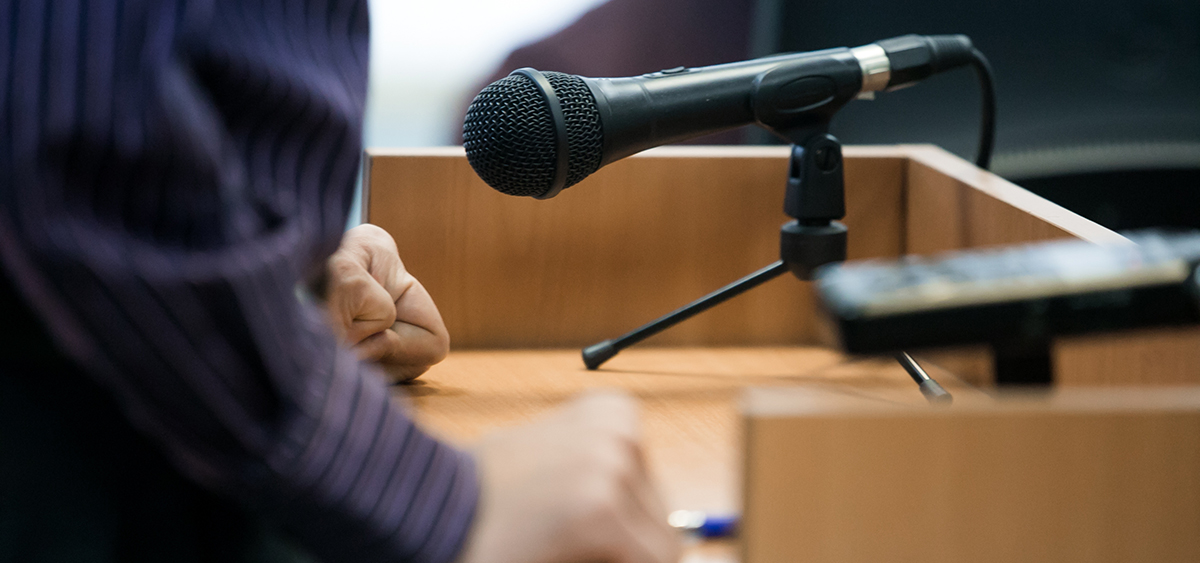Someone accused of a crime can plead “guilty” or “not guilty”. Pleading guilty means accepting responsibility for the crime. Accused persons will generally try to negotiate with the prosecution to get a better sentence before they plead guilty.

Pleading guilty to avoid a trial
Someone accused of a crime can decide to plead not guilty. They will then have a trial before a judge or a jury to determine their guilt or innocence.
To avoid going to trial, the accused can plead guilty. For example, if the prosecution’s evidence is very strong, the accused may choose to plead guilty. In this case, they will stand before a judge to acknowledge that they committed a crime and that they are willing to be sentenced for their crime. This means that no trial will take place.
The accused can negotiate their sentence with the prosecution
Before pleading guilty, the accused will generally try to negotiate their sentence with the prosecution. This is because it is possible to negotiate a less severe sentence than what might be imposed after a trial.
The prosecution generally agrees to negotiate to make sure that the accused is punished for their actions. This is because criminal trials are unpredictable and no matter how strong a case might appear at the start, winning is never guaranteed for either side. For example, the prosecution might choose to negotiate if they feel that the evidence against the accused is weak or uncertain. This could be because a witness has memory problems or is unable to remember important details.
Another reason why sentences are generally less severe after a guilty plea is that guilty pleas reduce the strain on the legal system. The criminal justice system is already strained, so avoiding a trial helps preserve the system’s existing resources.
Negotiations about sentencing follow certain rules
The prosecution must follow certain rules before agreeing to a guilty plea with an accused. For example, the prosecution has the power to modify the accusation to a less serious crime. However, the new accusation must reflect what really happened. They cannot make a new accusation for theft if the original accusation was for arson. However, the prosecution could decide to modify an accusation of robbery (theft with violence or the threat of violence) to simple theft if they feel that the violence or threat or violence would be difficult to prove in court.
Once the accused and the prosecution agree on a sentence, they will present it to a judge for approval. However, a judge can always refuse to approve the agreement if it’s unreasonable.
If the prosecution and the accused can’t agree
Sometimes the prosecution and the accused can’t agree on a sentence. This means that a judge will have to choose the appropriate sentence. That doesn’t stop the prosecution and the accused from agreeing on other things that might lead a judge to give a lighter sentence. For example, the prosecution can agree to charge the accused with a less serious crime, or they might describe the accused’s criminal act to the judge in a more favourable way.
Even if the prosecution and the accused don’t agree, the accused can still decide to plead guilty. Or they can decide to plead not guilty and have a trial.
The victim’s interests must be respected
The prosecution is not the victim’s lawyer. They can accept a guilty plea even if the victim doesn’t agree. The prosecution must make their decision in the best interests of society. However, they must consider the victim’s interests and can consult with the victim.
Victims have the right in all cases to ask the prosecution to inform them of any guilty plea agreement with the accused.





